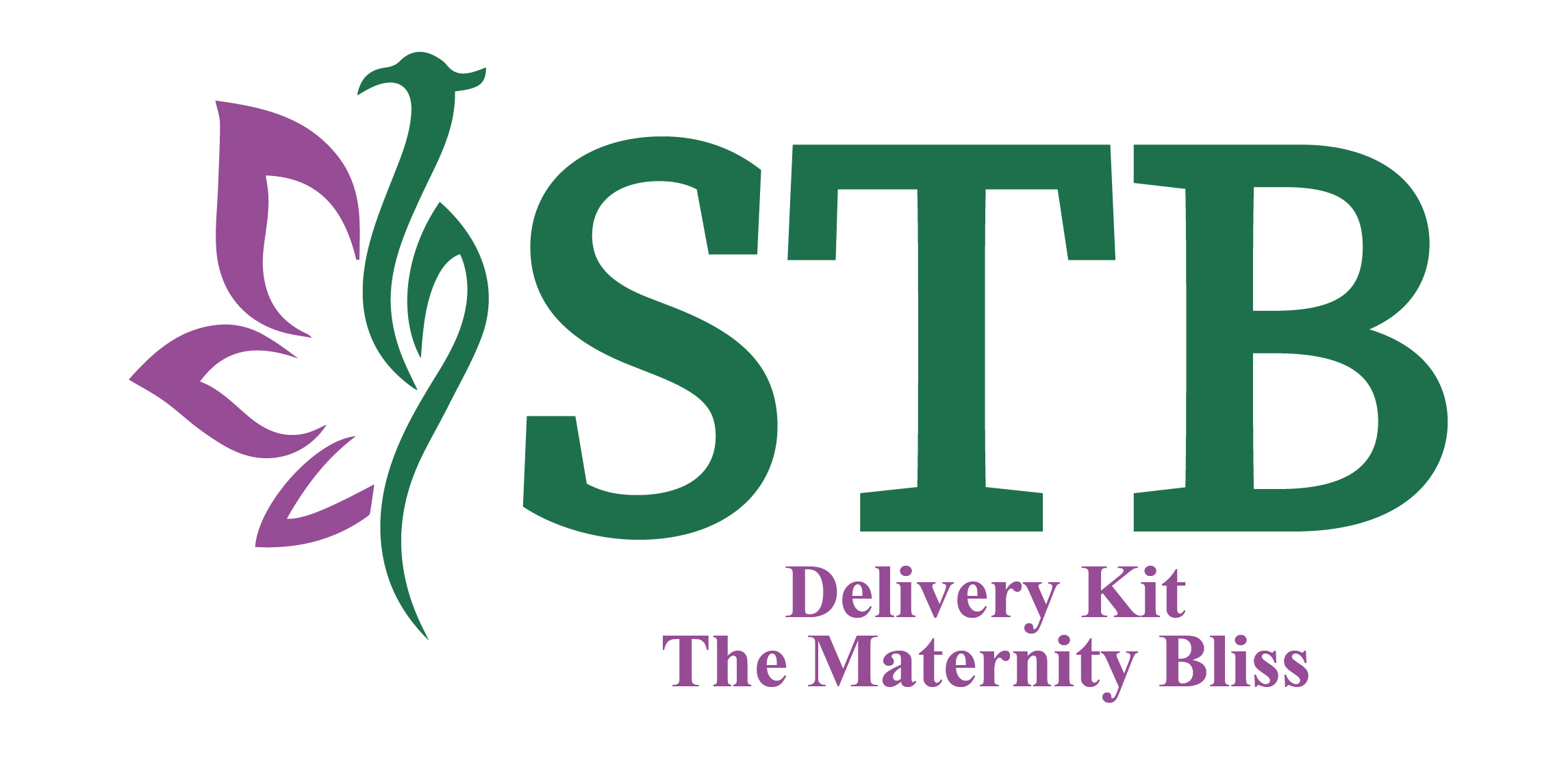
Feeding Your Newborn: Newborns typically need to eat every 2-3 hours, whether they are breastfeeding or formula feeding. It’s important to respond to your baby’s hunger cues, such as rooting or sucking on their hands.
Safe Sleep Practices: Always place your baby on their back to sleep, on a firm mattress, without any pillows, blankets, or stuffed animals in the crib. This reduces the risk of suffocation and overheating. The baby should sleep in the same room as parents, but on a separate sleep surface like a bassinet or crib.
Diapering: Newborns may go through up to 10-12 diapers a day, so having a steady supply on hand is essential. Be sure to clean your baby’s diaper area gently with wipes or a soft washcloth to avoid irritation.
Bathing Your Newborn: At first, you’ll want to give your baby sponge baths using warm water and a soft cloth until the umbilical cord stump falls off. After that, you can transition to regular baths.
Bonding and Soothing: Newborns rely heavily on physical touch to feel secure. Holding your baby, gently rocking, or swaddling them can help soothe them when they’re upset.
Monitoring Health and Development: Newborns should have regular check-ups with their pediatrician to monitor growth and development. Keep track of milestones, such as when they start to lift their head or smile, and discuss any concerns you have on vaccination with your healthcare provider.
Caring for Yourself: Taking care of your newborn is important, but so is taking care of yourself. Try to rest whenever you can, eat healthy meals, and don’t hesitate to ask for help from family and friends. Parenting is a learning process, and it’s okay to ask for support and take breaks when needed.

